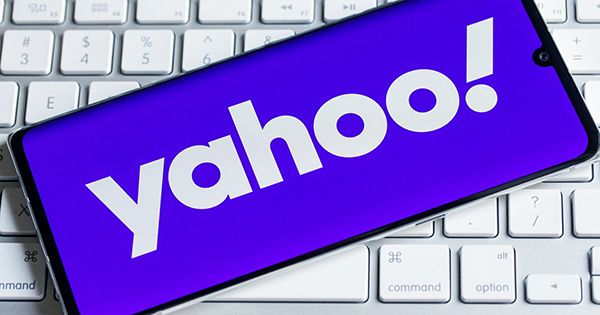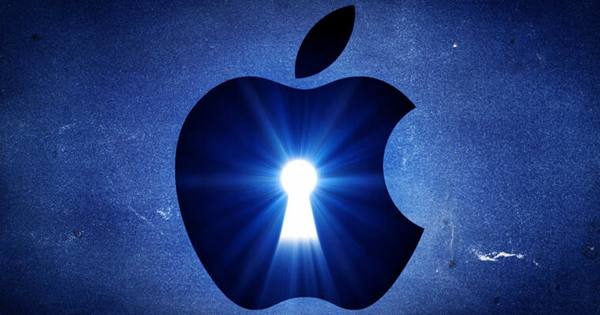When it comes to online calendars and calendar software, Google Calendar and Microsoft Outlook reign supreme, with hundreds of millions users worldwide. With its own foray into the industry, another corporation is seeking to stir some feathers. Yahoo is working on Day, new standalone calendar software, according to TechCrunch. According to sources, the startup has enlisted the services of Jeremy Le Van, who co-founded another calendaring app, Sunrise, and later sold it to Microsoft for over $100 million to make it the backbone of Microsoft’s own extremely popular Outlook calendar platform.
Many people regretted the end of Sunrise; now it appears that they may have a chance to get Sunrise 2.0.
(Disclaimer: Yahoo and TechCrunch are owned by the same corporation.)
In response to our queries, a Yahoo spokeswoman said, “We are investigating alternative methods to better serve consumers, including new ideas around mobile-first time management, calendar, and events.”
As it prepares for a larger launch, the service is now in an invite-only closed alpha (you can also sign up on the site).

Calendars are the foundation on which many of us organize our days, whether for business or play. And, perhaps, the more we our activities and plans to digital platforms, the more powerful calendars will become.
This means that having a calendar function or app as part of a larger service is a useful method for platforms to keep users engaged on the platform as a whole, as well as a way for the platform to learn more about user behavior. For example, Google’s Calendar is tightly connected, and frequently automatically, with the firm’s larger suite of productivity and information services, providing the corporation yet another spoke in its wheel to keep customers coming back.
Yahoo isn’t the only company that might be interested in doing more in this area. In 2018, Facebook purchased Redkix, ostensibly to add more calendar and productivity capabilities to Workplace. Workplace, in the end, interfaces with current third-party solutions; therefore it doesn’t have its own independent calendar tool. In addition, Facebook’s primary consumer app lacks a distinct calendar component. However, with people arranging so much else on Facebook’s properties (not only through Facebook Events, but also across Instagram, WhatsApp, and Messenger), it appears that it’s still an area it might potentially expand into at some point.
In reality, Yahoo includes a stripped-down calendar widget that you can access through Yahoo Mail. It’s unclear how popular it is, especially given how simple it is to merge one’s email with most other calendar apps these days. The question will then be how Day hopes to separate itself and compete.
Unlike how Google, Microsoft, and even Yahoo itself now integrate calendar functions into their larger office suites, Yahoo appears to be pursuing a different approach with Day.















